COVID-19 Conflict & Resilience Monitor – 22 April 2021
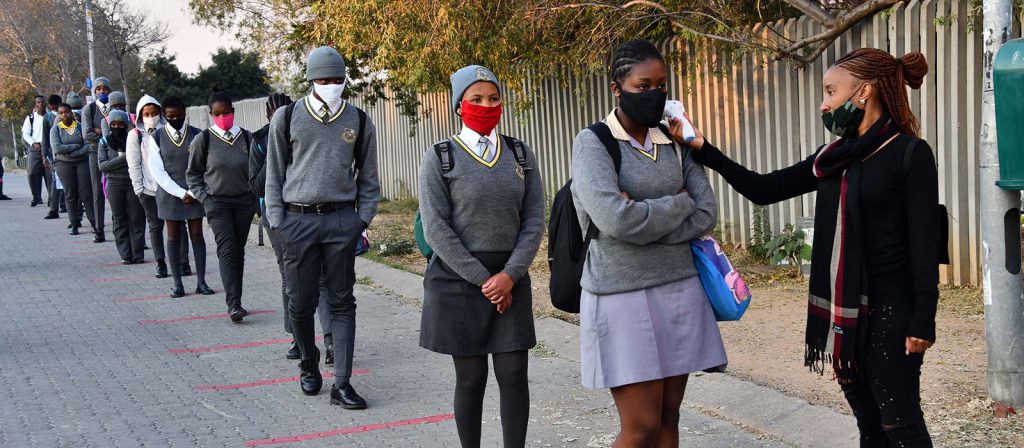
During the COVID-19 crisis ACCORD’s analysis will be focused on the impact of the pandemic on conflict and resilience in Africa.
The Impacts of COVID-19 in the Education Sector: a Student Leader Perspective
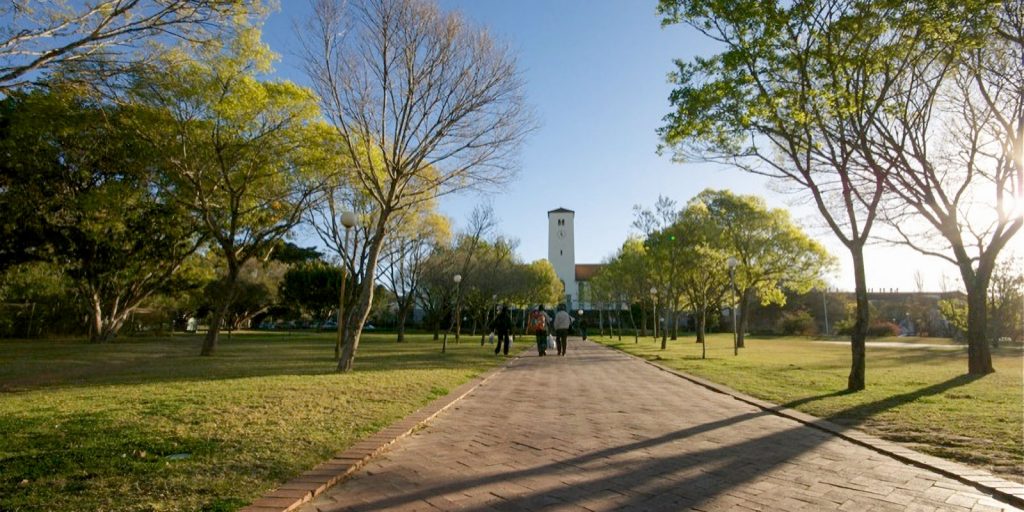
The unprecedented nature of the COVID-19 pandemic took us all by surprise and it interrupted the ‘normal’, rigidly structured operations of many institutions. The world as we knew it became a distant memory as we all scrambled to modify our systems of operation and adapt them to the new normal.
COVID-19 and School Closures: One year of Education Disruption
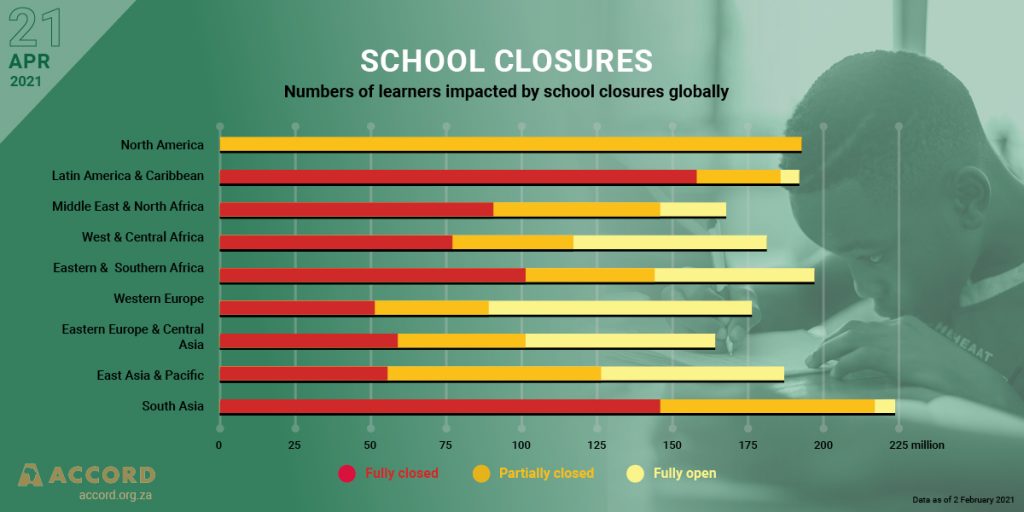
Pre-pandemic, much focus – rightly so – was given to education as a key tool for delivering Africa’s demographic dividend. Essentially, that if continental nations invested in their growing population of children and young people – particularly in their schooling and skills development – and adopted economic policies to create new jobs, Africa as a whole would see significant increases in per capita incomes. Fast-forward to April 2021 – one year into the COVID-19 crisis – and millions of children are not learning and are forgetting what they learned.
COVID-19 and the risks of increasing privatisation of education in Africa
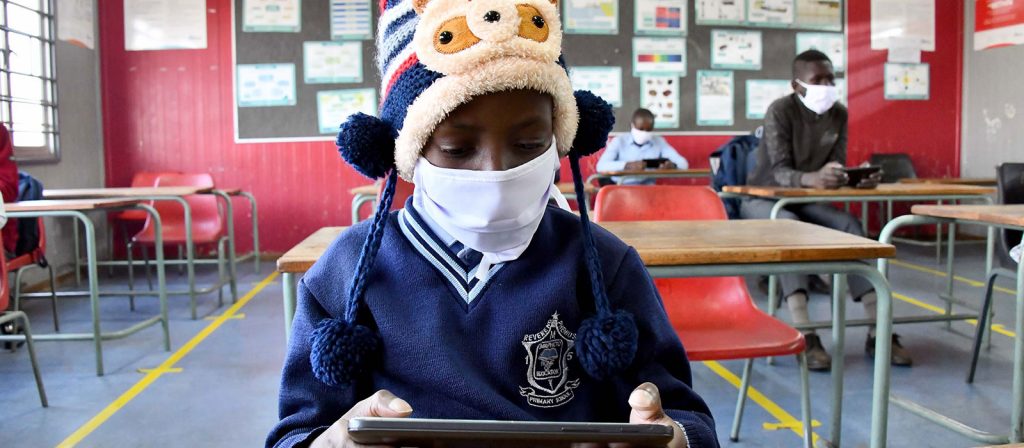
In recent years, there has been a new awareness of the need to hold states to account on their international law obligations to provide quality education for all children, and their duty to regulate private education. It is important not to let COVID-19 set us back on the momentum that was gathering around this issue. What makes it more difficult is that while COVID-19 scythed through government education budgets, and also led to the closure of many low fee private schools, it also created new opportunities for the private sector, particularly in the edu-tech sector.
The Impact of COVID-19 on Higher Education
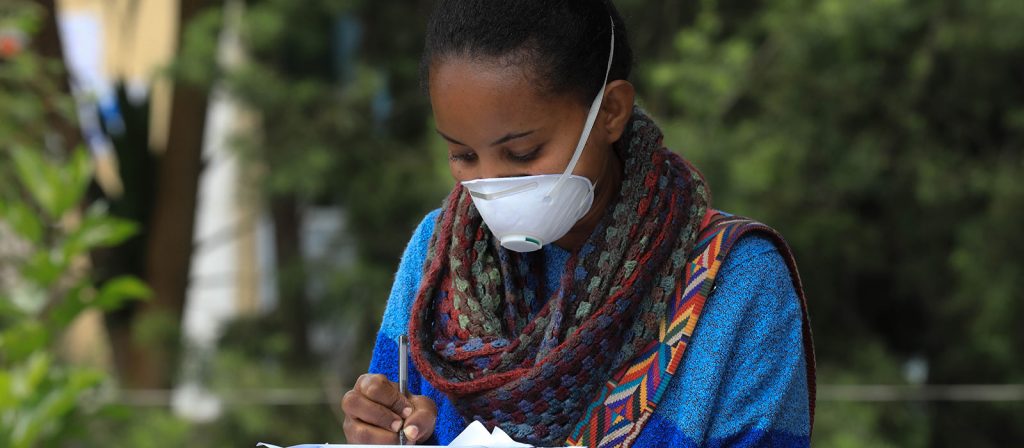
COVID-19 has undoubtedly presented the biggest test of the resilience and relevance of Higher Education institutions in recent times. With the necessity for behavioural change to halt the spread of the virus, Higher Education institutions have been forced to think differently and contribute innovative responses to the pandemic.
COVID-19 Conflict & Resilience Monitor – 14 April 2021
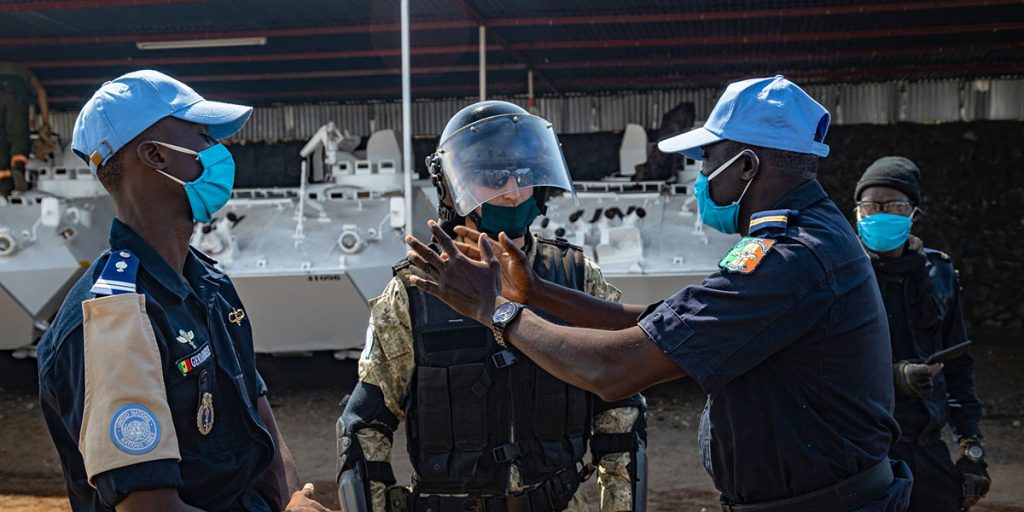
During the COVID-19 crisis ACCORD’s analysis will be focused on the impact of the pandemic on conflict and resilience in Africa.
An overview on the Democratic Republic of Congo in times of COVID-19
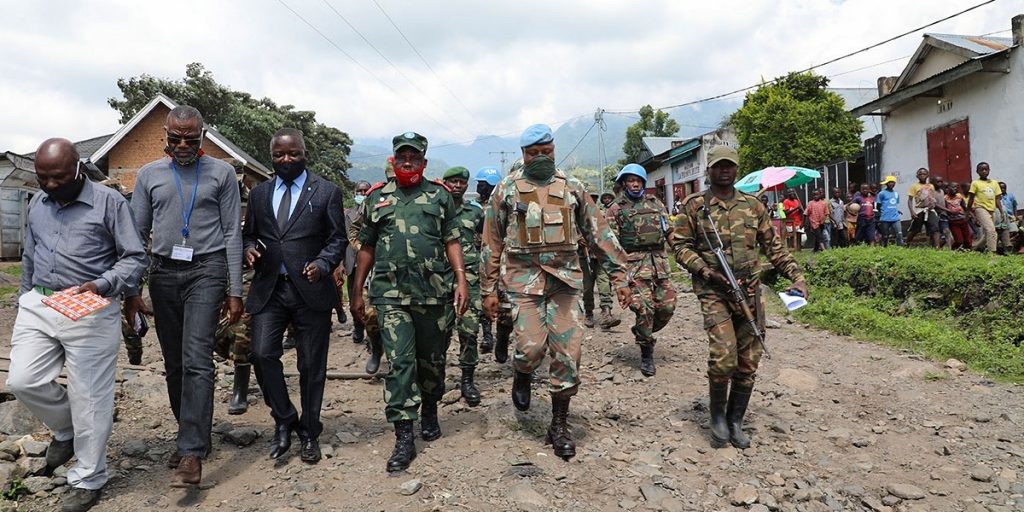
The first COVID-19 case in the Democratic Republic of the Congo (DRC) was diagnosed on 10 March 2020. As of 11 April 2021, more than twenty-eight thousand cases have been recorded, but fortunately only 745 persons have succumbed to the pandemic. Beyond the impact on the health system, it is worth noting that the pandemic has generated several other challenges, including constitutional, human rights and security issues.
The Impact of COVID-19 on the Central African Republic’s December 2020 and March 2021 Elections
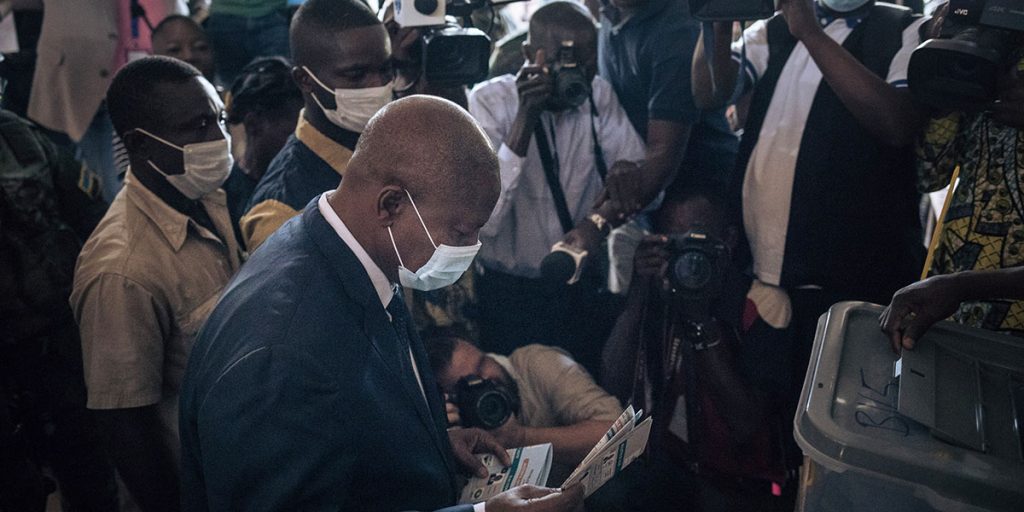
It is now more than a year since the first COVID-19 case in the Central African Republic (CAR). Although the pandemic has spread at a slower rate and with less intensity than in many other countries, it has still had a significant impact on the country and its people. The December 2020 elections are one example of how COVID-19 is impacting every aspect of our lives, including our politics.
Militarism and Political Elitism Challenge Peace in the Central African Republic
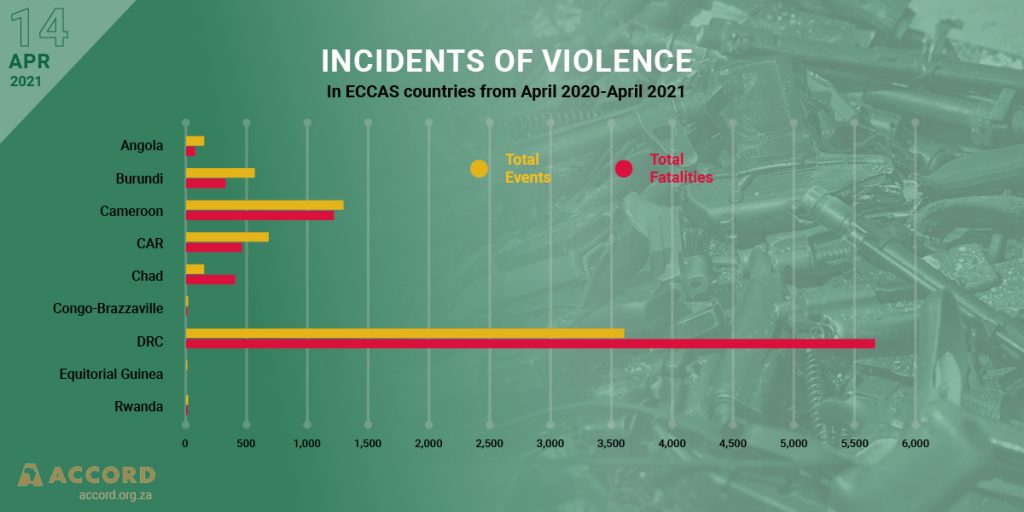
The two rounds of presidential elections in December 2020 and March 2021 resulted in the re-election of Faustin Archange Touadéra as President of the Central African Republic. Armed groups disrupted the electoral process in several areas, but the armed forces of CAR with support from the UN mission, Russia and Rwanda were able to sufficiently stabilise the situation for the elections to be successfully concluded.
Chronicles of Cameroon’s Multidimensional Crisis during the COVID-19 Pandemic
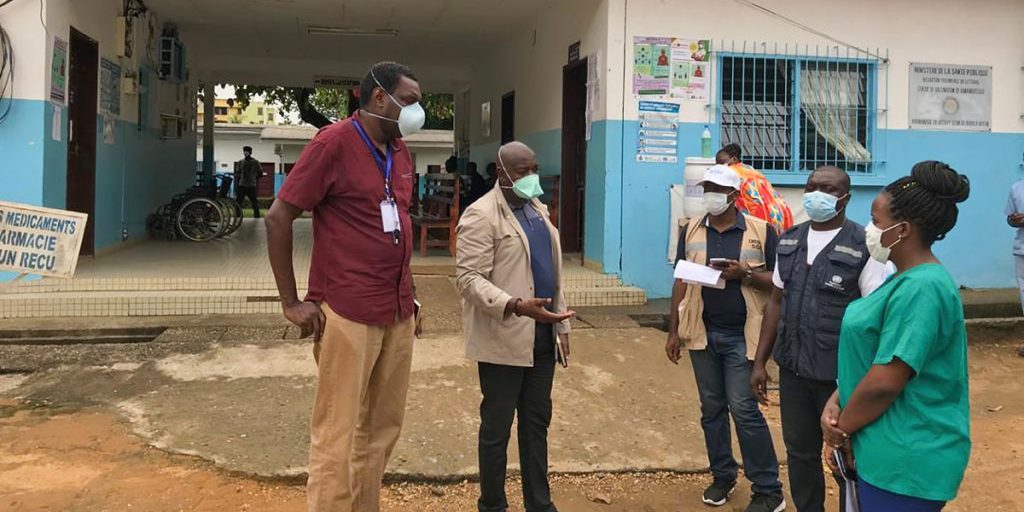
Among other things, Cameroon has responded to the pandemic by relying on local political practices as well as diplomatic experiences with neighbouring countries in order to maintain its sub-regional leadership. By analysing how COVID-19 shapes local governance, this piece looks on the one hand at the entanglement between conflicts and the pandemic and on the other hand, it shows how the ‘sedimentation’ of the new pandemic unveils local political practices which affect Cameroon’s relationships with neighbouring countries.
